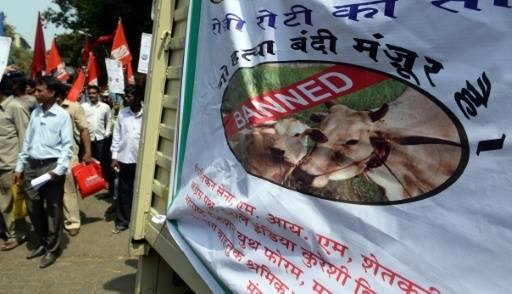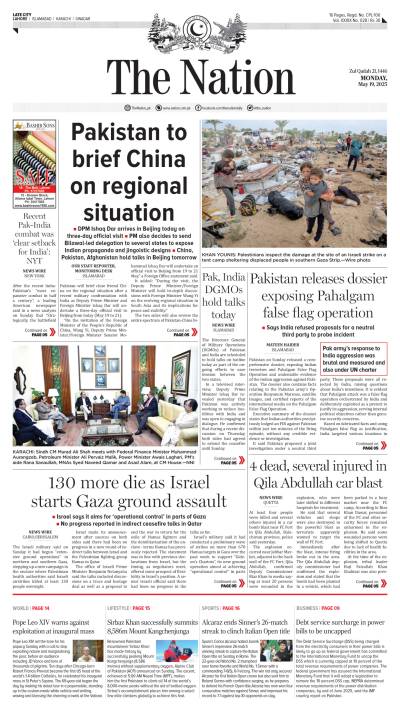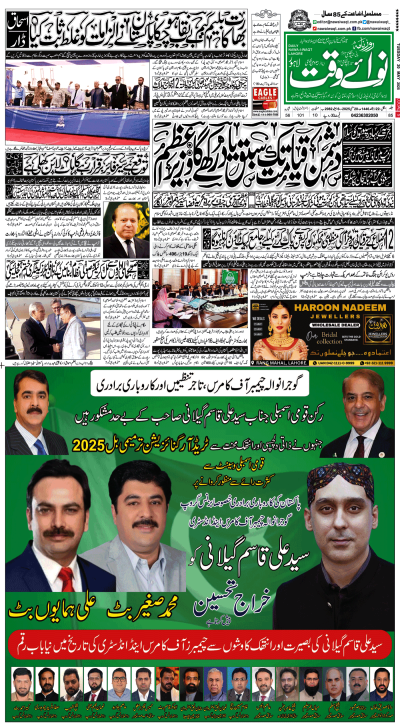During Adolf Eichmann's trial in 1961-62, the German-Nazi SS Lieutenant Colonel and one of the major organizers of the Jewish Holocaust was directly examined by prosecutors and by psychologists for possible signs of mental illness. What astounded everyone and what observers like Moshe Pearlman and political theorist Hannah Arendt noticed were the ordinariness in appearance and flat effect. Eichmann stuck to his defense – that he was merely following orders. His defense attorney proposed that decisions of the Nazi government were acts of state and therefore not subject to normal judicial proceedings. Hannah Arendt, a Jew who fled Germany after Hitler's rise to power, reported on Eichmann's trial for The New Yorker. In Eichmann in Jerusalem, Arendt calls Eichmann the embodiment of the "banality of evil", as he appeared to have an ordinary and normal personality, displaying neither guilt nor hatred. In his 1988 book Justice, Not Vengeance, Simon Wiesenthal (the famous and diligent Nazi hunter) said: "The world now understands the concept of 'desk murderer'. We know that one doesn't need to be fanatical, sadistic, or mentally ill to murder millions; that it is enough to be a loyal follower eager to do one's duty.
Focus on the words of the defense attorney - acts of state- and then Wiesenthal's term – do one's duty. In the world increasingly growing fanatical and nationalistic, patriotic jingoism such as the above can lead to horrendous acts of evil. What happens when the state itself is the perpetrator of the 'banality of evil'? What is the hope for ordinary, diverse citizens of a country, even if it claims to be a democracy, when the state itself lends credence to bans and censorship and interferes in the functioning of autonomous bodies and secular institutes. A state solely built on the slogans of a majority community avenging historical wounds. What can the future of such a country be?
Recently, a mob of 200 people lynched a man solely on the rumours of having consumed 'beef' on the occasion of the festival of Eid in a Northern village of India, a mere 50 km from the capital of New Delhi. It was announced in the local temple that the 52-year-old man had broken the law (cow slaughter is banned in many states of India) and that his family should be given the death penalty for the act. Of course, it doesn't take long for political goons to create a ruckus and within hours the man was dead, pelted with bricks and his 22-year-old son admitted to hospital with critical injuries. The 18-year-old daughter too was not spared by the hooligans turned killers and was molested while the 50 odd Muslim families are now thinking of migrating from the village as they fear for their security. The paradox is that the dead man's other son was serving in the India Air Force stationed in its other metro city Chennai.
Hannah Arendt's observations come to mind. Ordinary 20 something-year-olds provoked to a fervour by an overzealous priest in a temple, fanning the flames of communal hatred and mischief. India has seen it over and over again. The 1984 anti-Sikh riots, the recent Muzaffarnagar riots, Godhra carnage in Gujrat, and the huge devastation of the 1947 Partition which is still fresh in the collective psyche of the previous generation, with the legacy of collective conscience being passed onto the new generation too.
I often sit and think about the 'ordinariness and flat affect' of common people who weigh the sentiments of a community and culture more important than the life of a poor farmer. Of course everyone condemns it, everyone expresses their regret and misgivings about the unfortunate incident but does anyone really care enough to understand why and how this happened and what could be done to prevent it? I often sit and mull over the same era that the West underwent when superstition, ignorance, illiteracy and poverty contributed to genocide and blatant violations of human rights pre-Enlightenment. I often try to figure out that one turning point that, that one discovery, that one paradigm shift that catapulted the West straight from the oppression of religion and dogma to Enlightenment and Renaissance and Reformation. I don't find one, but several factors and yet the answer eludes me after decades.
Will the subcontinent have an Enlightenment of its own? Highly doubtful, says a dear friend who grudgingly admits to the resilience of a 7,000 year old civilization that withstood invasion upon invasion, enslavement and plunder for centuries and yet perfected its culture in such a way that no amount of technological advancements or discoveries and invention or the cultivating of a scientific temperament will make even a dent in its structures and institutions that promote bigotry, communal hatred and casteism – the most evil of all human indignities.
I come upon reams and reams of news about the Middle Eastern refugees risking their lives to flee to Europe to escape annihilation and destruction for a life of peace and dignity. And I watch with increasing fascination about Germans, German police, German families, German politicians opening their border, their homes, their institutions to these refugees while frowning upon other 'liberal' neighbours. As Germany gets ready to translate its constitution into Arabic, and other Middle-Eastern languages, I can't help but admire the way the Germans have overcome the banality of evil and now are ready to defy even their governments and the fringe Neo-Nazis if they insist on the mistakes of the past. It took them 70 years of guilt-ridden existence, facing their past and educating their youth to hold their own citizens accountable about their role in the Holocaust of 6 million souls. How much time will it take us as a subcontinent?
I am not hopeful.






